Abstract:
Manufacturing-related technologies and machine tools for micro-machining have experienced enormous advances in recent years due to the increasing demand for micro-structured parts with optical functional surfaces in industry and research. Micro-milling operations have been tested for manufacturing microfluidic moulds using different strategies in the project Micro-Milling Process Optimization – Micro-O, operated under the BRAGECRIM program. Focusing specifically on the micro-scale product development loop, metrology plays a vital role as it generates information and knowledge for manufacturing optimization. The matter of defining suitable measuring techniques for microfluidic mould features, particularly for micro-scale features of size and surface roughness, is addressed in this work. Design needs for surface roughness disable classical roughness testers for the measuring task. Thus two measuring systems based on different working principles are evaluated under the uncertainty perspective; the main findings are reported and discussed. For features of size (FOS) such as micro-channel width and height, coordinate measuring machines with multisensor capabilities are chosen. Considering the so-called integrative framework proposed in previous researches, the experimental approach specified in ISO 15530-3 is applied to enhance measurement knowledge and therefore to estimate the measurement uncertainty. The measurement setup, tests and results are detailed in this paper.
Reference:
BALDO, Crhistian Raffaelo; RAMOS, Luciana Wasnievski da Silva de Luca ; DEL CONTE, Erik Gustavo ; UHLMANN, Eckart ; SCHÜTZER, Klaus. Measurement design for dimensional control of functional micro-scale features on microfluidic moulds. In: CONGRESSO BRASILEIRO DE ENGENHARIA DE FABRICAÇÃO – COBEF, 9., 2017, Joinville. Anais… 8 p.
Document is password protected, ask Customer Service/Library-DAIT/IPT. Log into BiblioInfo/IPT-DAIT to access the text in PDF:
https://escriba.ipt.br/pdf_restrito/174924.pdf
Manufacturing-related technologies and machine tools for micro-machining have experienced enormous advances in recent years due to the increasing demand for micro-structured parts with optical functional surfaces in industry and research. Micro-milling operations have been tested for manufacturing microfluidic moulds using different strategies in the project Micro-Milling Process Optimization – Micro-O, operated under the BRAGECRIM program. Focusing specifically on the micro-scale product development loop, metrology plays a vital role as it generates information and knowledge for manufacturing optimization. The matter of defining suitable measuring techniques for microfluidic mould features, particularly for micro-scale features of size and surface roughness, is addressed in this work. Design needs for surface roughness disable classical roughness testers for the measuring task. Thus two measuring systems based on different working principles are evaluated under the uncertainty perspective; the main findings are reported and discussed. For features of size (FOS) such as micro-channel width and height, coordinate measuring machines with multisensor capabilities are chosen. Considering the so-called integrative framework proposed in previous researches, the experimental approach specified in ISO 15530-3 is applied to enhance measurement knowledge and therefore to estimate the measurement uncertainty. The measurement setup, tests and results are detailed in this paper.
Reference:
BALDO, Crhistian Raffaelo; RAMOS, Luciana Wasnievski da Silva de Luca ; DEL CONTE, Erik Gustavo ; UHLMANN, Eckart ; SCHÜTZER, Klaus. Measurement design for dimensional control of functional micro-scale features on microfluidic moulds. In: CONGRESSO BRASILEIRO DE ENGENHARIA DE FABRICAÇÃO – COBEF, 9., 2017, Joinville. Anais… 8 p.
Document is password protected, ask Customer Service/Library-DAIT/IPT. Log into BiblioInfo/IPT-DAIT to access the text in PDF:
https://escriba.ipt.br/pdf_restrito/174924.pdf

